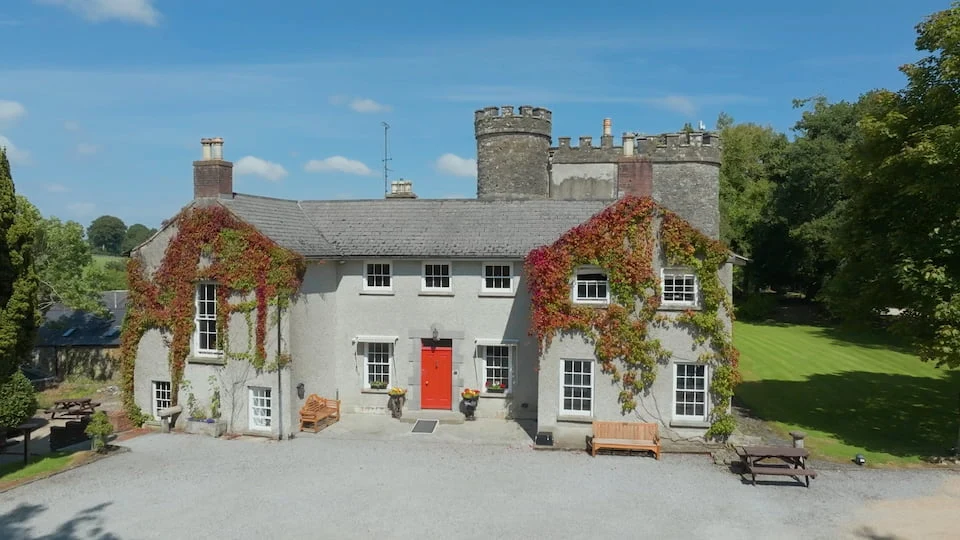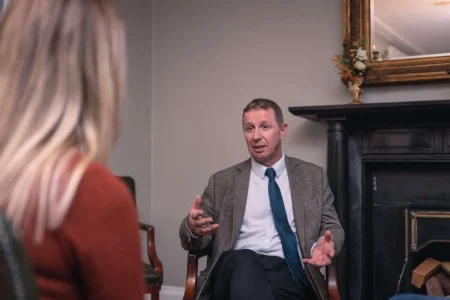Taking the next step to start rehab for drug or alcohol addiction can be daunting for most people. Often, there can be underlying questions like how do I prepare for rehab? What will I do there? Am I ready? What happens after rehab is complete?
Without answers, these critical questions may cause anxiety, but there are some essential steps you can take to prepare both mentally and logistically. Proper preparation beforehand can help you feel more confident and give you the best chance of success in your journey to recovery. It can also help alleviate any undue anxiety or stress you may feel before starting rehab.
Mental Preparation Before Rehab
Our thoughts and psychological state can significantly impact our day-to-day lives. Feeling prepared and nurturing positive emotions can often have a beneficial effect when going through rehab.
‘Setting a goal for health behaviour change is seldom sufficient for behaviour change to occur.’
Know Your Personal ‘Why’
Health behavioural research has traditionally highlighted the importance of setting clear, measurable goals. But if it was that simple, then why is addiction a lifelong condition, and why do so many people relapse? If all it took was for you to write down your goal of beating addiction, then why would rehab centres even exist?
The answer lies in the fact that addiction – at its core, is not a simple disease. It is complex and has many underlying factors. To overcome addiction, you need a personal connection to your goal. Your ‘Why’ will often be the motivational fuel that can help you on your road to recovery. It needs to be free from the expectations of family, friends or partners. It needs to come from within your own experience and journey with addiction.
The ‘Why’ can also be vital in helping you to build resilience on your journey to recovery. While no one’s path to recovery is free from setbacks and disappointments, having a personal reason can be an anchoring point that can always bring you back on track.

Learn About Your Rehab Programme
Those who attend rehab often benefit from prior research and planning. Here are some important questions you might want to ask your advisor before starting a rehab programme:
- What do you need to bring?
- What does an average day look like?
- How long will it last?
- Can you have visitors, and what are the rules?
- Anything you shouldn’t bring with you?
- What type of therapy will you have?
- Is there any aftercare once rehab is finished
You can find answers to a list of commonly asked questions on our website. At the same time, each person’s addiction is unique to their circumstances whether it is substance misuse or gambling addiction. It is important to get assessed professionally and to follow a rehab program which is personalised and unique to the individual.
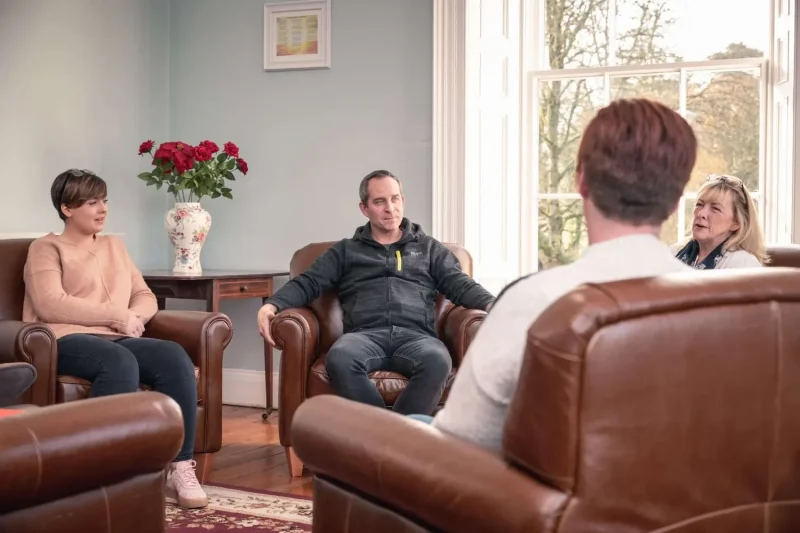
Build A Support Network
Family and friends can be a great source of encouragement before getting into rehab. Therefore, it is essential to inform them of your plans. They can also help with accountability along your journey to recovery.
Honesty is the best approach – so informing them about your rehab plans can open important communication channels and help improve your support network. It is also important to inform them about the rehab centre’s guidance and rules as well as the length of your rehab treatment.
The more the family know about the addiction and the know-how to offer the right support, the better the outcome for the patient. Family therapy programmes can help facilitate these vital areas of communication in a safe and professional environment. Your friends and family are an important part of the treatment. Having your network fully aware of your journey will help you to maintain a healthier lifestyle once you are back home.
Logistics Before Starting Rehab
1. Work
Organising rehab can be a daunting experience, especially if you live a busy life with work and family commitments. But treatment is vital for your mental, emotional, and physical health.
Feeling worried when approaching your employer to seek time off for rehab treatment is normal. Thankfully, addiction doesn’t hold the same taboo as it once did. Nonetheless, knowing your rights as an employee and understanding your company’s policy is still important.
Time away from work – whether it is unpaid leave, sick leave or annual leave can be organised. Seeing your GP can also be an essential step to discuss your addiction and also if a medical sickness certificate is needed.
2. Childcare And Family
It can be beneficial to have family members aware of your journey and plans for rehab. Some people may have dependents – children or elderly parents that they look after or help. In these cases, it can be important to set up alternative care from a trusted friend, family member or professional.
It is important to communicate honestly about your absence, as this can help alleviate any fears or concerns they might have. Family can also be a strong supportive factor and an important part of our support network after rehab, so having some difficult conversations beforehand can be vital for the future.
3. Financial Responsibilities
Address any financial responsibilities you have before rehab and ensure you have set up payments for bills, mortgages and rent. While rehab can be an important time to disconnect from the worries of modern life and focus on recovery – it is important to ensure the path after rehab is free from avoidable stressors. Especially if these could be avoided with planning and preparation before entering rehab.
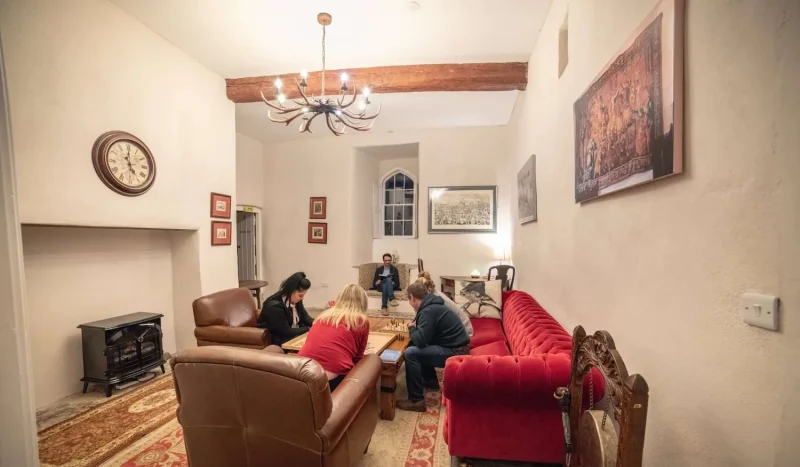
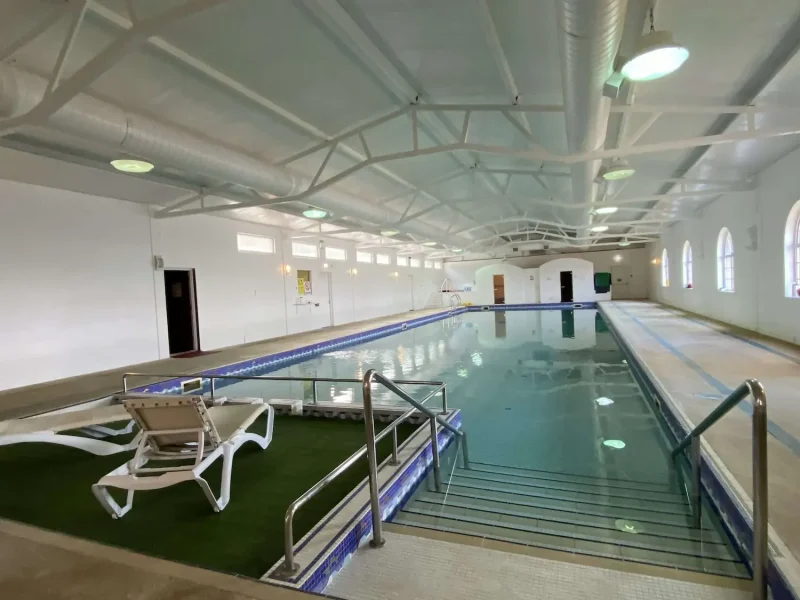
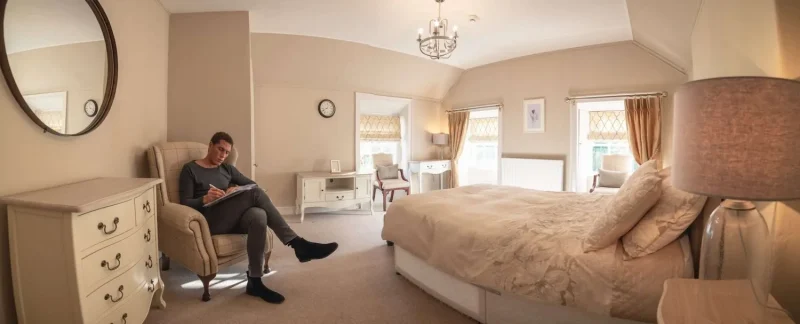
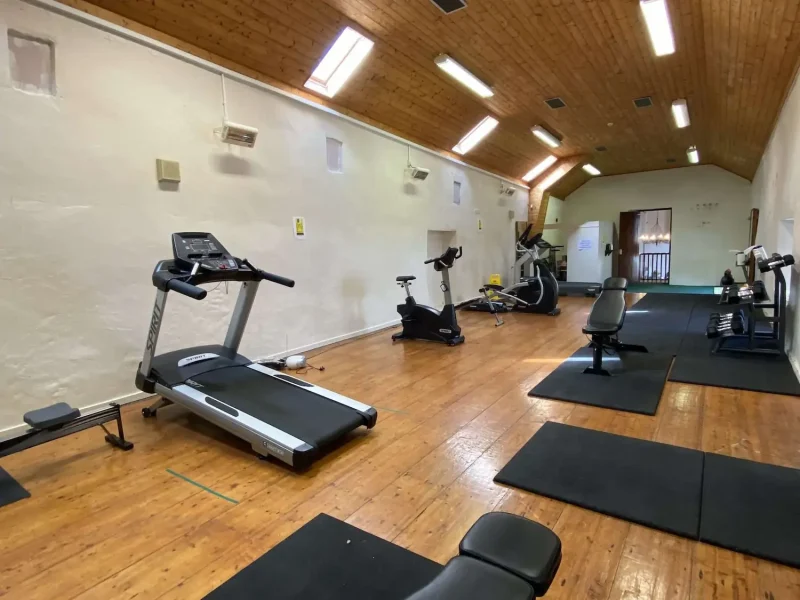
4. What To Bring To Rehab
If you decide to get treated and attend a rehab centre, please note that there are some rules in what you can take with you and what you can’t. Most of the facilities will provide you with a list of the essential items that you will need as well as the things that you can’t take with you.
When it comes to packing your clothes, make sure to pack comfortable clothes. Don’t forget to consider the weather where you will be staying. It is always good to pack a pair of trainers and some clothes to do exercise, as doing activities helps with anxiety and stress. You will also need your toiletry favourites and your prescribed medicine (if you have any).
A must-have is some books and pen and paper if you want to journal in your free time. Journaling has been shown to have proven beneficial effects on our mental health and can help reduce anxiety. Personal items like family photos and cash (in moderation) are usually allowed.
Things to pack for rehab:
- Clothing
- Toiletry
- Medicine
- Journal
- Books
- Personal items (Cash, family photos, etc)
What To Expect From Rehab
Entering rehab with a positive mindset is vital for maximising the chance of success. But being aware of the programme and daily activities will take you further.
The pillars of an effective rehabilitation programme are the detox process to help you stay clear of your addiction and the therapy sessions to allow you to process and discuss the effects of your treatment with a healthcare specialist. It is also essential to have support sessions for your family, the effective 12 Steps programme and some leisure time to socialise with the other attendants or relax on your own.
It is important to remember that recovery is a lifelong journey, and relapses could occur. Acknowledging that can help you be better prepared for harder times, and building effective coping strategies can help you build resilience.

Download our Brochure
Life After Rehab
Addiction isn’t a one-size-fits-all, and neither is life after rehab. It can often be challenging to navigate life after rehab, but here at Smarmore Castle, we ensure that everyone has the right level of support and a tailor-made and comprehensive aftercare plan has been set up.
Before you leave rehab, we would work with you to establish a plan that best helps you get back to your daily routine and reduce your chance of having a relapse. This can include connecting you with local support services like 12 Step meetings and counselling. You would have regular contact to help you with the challenges of life after rehab, and this doesn’t have to be addiction-related. Our specialist team can help advise you on anything you may be having problems with – from accommodation issues to challenges at work or even unique circumstances in which you might not know whom to seek advice.
Finally, you may also be offered access to our online support group, which can be a great place to share your experiences and connect with people who may have had similar experiences to you. This can often be a safe environment to help others and also speak to people who know what you are going through. Give us a call today and let us help you build a life free from alcohol, drugs and addiction.
